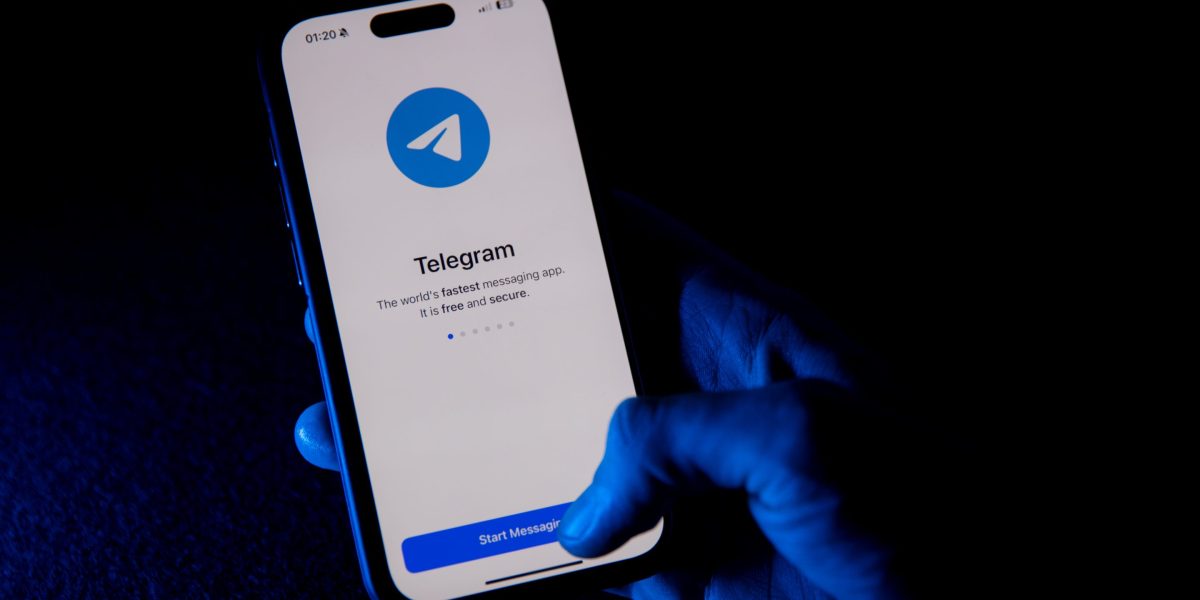The fight to protect end-to-end encryption is a never-ending one, and it’s seen some setbacks in recent months, most notably the passage in the U.K. of the Online Safety Act, which (theoretically, for now) empowers the government there to order communications providers like Signal or WhatsApp to bypass the strong encryption on their messages.
Well, here’s some good news for those who are keen on protecting their messages from prying eyes. The European Court of Human Rights said today that, while security services may want to decrypt some people’s communications to fight crime, weakening encryption for some people means weakening it for all—and that would violate human rights law (specifically, Article 8 of the European Convention on Human Rights, which guarantees the right to privacy).
[…]



This is not true, Telegram agreed to cooperate with Russian authorities, Durov met with Russian authorities on this issue, also Russian laws oblige everyone to give out encryption keys, who does not give out will be blocked forever, like Tutanota or Proton, what Telegram did was a PR campaign, Durov is cooperating with Russia.
If this isn’t true, than why is there a judgment from the ECHR on this case? Do you have any proof for your claim?
https://hudoc.echr.coe.int/eng#{"itemid":["001-230854"]}
I too am interested in seeing corroboration of their claim.
Quick googling reveals that it’s unfounded propaganda by the Signal founder: https://www.forbes.com/sites/thomasbrewster/2022/03/07/telegrams-billionaire-founder-says-hes-never-provided-ukrainians-data-to-russia/
What proof? Do you want me to give you links to Russian laws that oblige all distributors of information to register in a special registry and provide encryption keys to the FSB? These laws can’t be circumvented, how did Telegram suddenly stop being blocked in Russia if it didn’t provide encryption keys? I live in Russia and I know all the laws, the ECHR ruling will not change anything, Durov is still leaking correspondence to the FSB.
This article is not about the Russian law. It is about a judgement by the ECHR (33696/19). You are telling us, that the article is “fake-news” and I asked you to proof your claim. I did my part and delivered the judgement itself. Now it’s your time to proof, that this judgement never happened.
Edit:
BTW. this article and the judgement is not about Telegram vs. Russian Federation. It is about Anton Valeryevich Podchasov vs. the Russian Federation with Mr. Podchasov being a Telegram user. That is my current understanding.
deleted by creator
These claims mislead users by making Telegram look like a champion of user privacy at its best
So what? This is not the topic of this thread. This thread is about a ECHR ruling / privacy and I would like to keep the discussion on topic. I do not care how evil Telegram is.
That is not what the article claims.
At best it is your own personal perception of the topic.
No, only users who have as bad of a reading comprehension as you would be misled
I read this article and there is a lot of untruths, for example that Telegram was able to defeat the Russian government by simply changing the IP address, that Telegram is operating outside the law, not following Russian laws, not giving out encryption keys and not cooperating with the state
Nowhere in the article is “defeat” mentioned. The article reads:
Edit:
This is my last comment. You succeeded in derailing the thread. Congratulations.